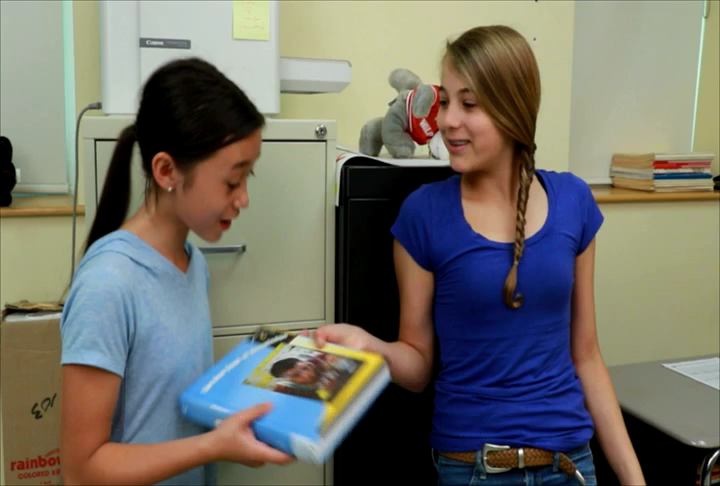
As educators, we play a vital role in teaching students the importance of social-emotional skills, such as expressing gratitude and appreciation. In this blog post, we will discuss the importance of teaching children to say thank you and provide a no-prep activity, discussion questions, and related skills to help you incorporate this essential skill into your classroom.
Introduction
When someone is kind or helpful to us, it is important to express our appreciation by saying thank you. This simple act of gratitude lets the other person know that we value their efforts and acknowledge their kindness. Failing to say thank you may lead to feelings of hurt or resentment, and might discourage others from helping us in the future. By teaching students to say thank you, we can foster a positive classroom environment and help them develop strong social-emotional skills.
No-Prep Activity
This no-prep activity, called “The Thank You Game,” requires no materials and can be easily incorporated into your daily classroom routine. The goal of the game is to help students recognize and express gratitude for the acts of kindness they encounter throughout the day.
- At the beginning of the day, explain to your students that they will be playing “The Thank You Game.”
- Challenge the students to say thank you whenever someone helps them, shares with them, or does something nice for them during the day.
- At the end of the day, gather the students together and ask them to share their experiences. Encourage them to discuss the situations where they said thank you and how it made them feel.
- Reinforce the idea that saying thank you is an essential social-emotional skill that helps build positive relationships with others.
Discussion Questions
Use these discussion questions to further explore the concept of saying thank you and its importance in social-emotional learning:
- Why is it important to say thank you when someone does something nice for us?
- How do you feel when someone says thank you to you? How do you feel when someone doesn’t say thank you?
- Can you think of a time when you forgot to say thank you? How did it affect your relationship with the other person?
- What are some other ways we can show our gratitude and appreciation?
Related Skills
Teaching students to say thank you is just one aspect of developing their social-emotional skills. Here are some other related skills to consider incorporating into your lessons:
- Active listening: Encourage students to listen attentively when others are speaking and to respond thoughtfully.
- Empathy: Teach students to put themselves in others’ shoes and to consider how their actions might affect others.
- Conflict resolution: Help students learn to navigate disagreements and find solutions that work for everyone involved.
- Teamwork: Foster a collaborative environment where students can work together and support one another.
Next Steps
Now that you have some ideas for teaching your students the importance of saying thank you, we invite you to explore more social-emotional learning resources. To access free samples of skill-building materials, visit Everyday Speech’s sample materials page. These resources can help you further develop your students’ social-emotional skills and create a supportive learning environment in your classroom.

